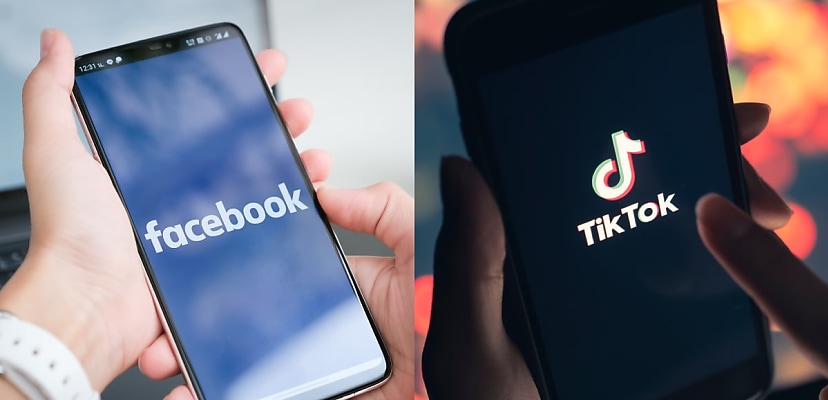Share this article on:
Powered by MOMENTUMMEDIA
Breaking news and updates daily.
Requests by Australian government authorities for user data from giants Meta and TikTok were met over 3,600 times last year, according to transparency reports from the social media giants.

Australian authorities, including the Australian Federal Police (AFP), the eSafety Commissioner, and the courts, made requests for data relating to a total of 5,338 user accounts across the two companies, with 3,654 being approved.
A total of 4,239 of those requests were made to Meta regarding 5,109 users, while an additional 224 requests were made to TikTok regarding 229 users. Meta adhered to 3,563, while TikTok met 91.
Worldwide, Meta received 239,388 requests relating to 415,642 accounts from July to December 2022.
TikTok received a total of 7,255 requests in the same period and said that it attributes the increase in requests “to overall platform growth and investments made in familiarising law enforcement with our … guidelines and processes”.
While the reason for the requests was not disclosed in either of the companies’ reports, they varied between legal requests and emergency requests, the latter of which are informal requests made by governments that do not require processing via the US Mutual Legal Assistance Treaties (MLATs).
Meta has a history of providing law enforcement and authorities with message data from its social media platforms.
The social media giant has said that on request, it “may produce: basic subscriber information, such as name, length of service, payment information, email addresses, and recent login/logout IP addresses”, for law enforcement.
In addition, it can produce “the stored contents of an account, such as messages, photos, videos, timeline posts, and location information”.
Across Facebook, Instagram and WhatsApp, only the latter features end-to-end encryption by default. This is set to change, however, by the end of the year.
Meta and TikTok, as well as organisations such as Apple, Adobe, Redbubble, Microsoft, Twitter and Google, publish transparency reports as part of the Digital Industry (DIGI) group’s voluntary code of conduct, of which they are all signatories.
The DIGI group was established following a request by the Australian government in 2019 for major technology platforms to do more to combat disinformation and improve the quality of content on their platform.
Twitter has since said that it has stopped publishing nation-specific statistics as of April, while Microsoft and Google are still yet to publish their reports.

Be the first to hear the latest developments in the cyber industry.